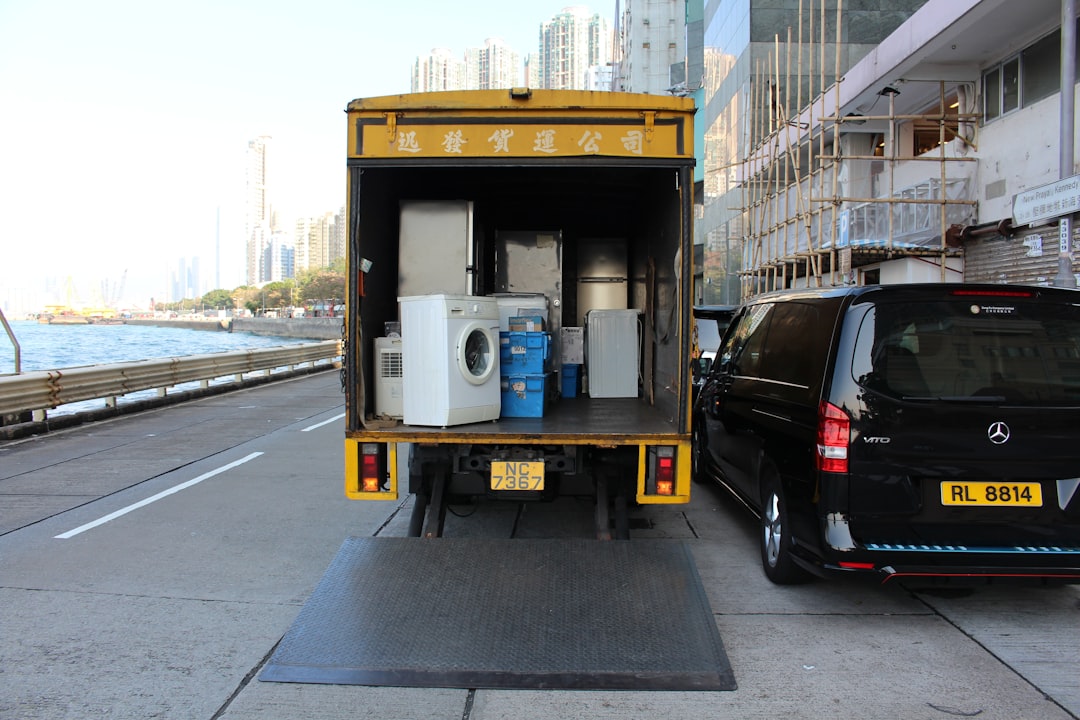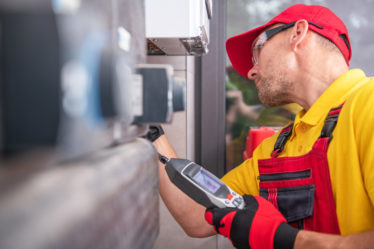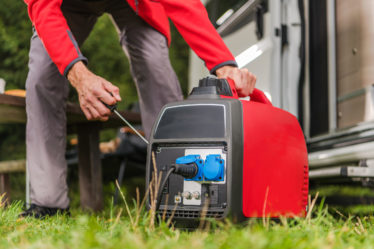
Are you excited about your new home? Moving into a new place can be a lot of work, but it can also be a lot of fun. There are a lot of things to consider before you move in, though. Here are a few tips to help you get ready for your big move.
Choose the right home.
One of the most important things to consider before moving into a new home is choosing the right home in the first place. Think about your lifestyle and where you want to live. If you like city life, then a city-center home might be the best choice for you. If you prefer to be surrounded by nature, then a home in the suburbs might be a better fit. Think of factors like location, cost, amenities, size, and more to find the best possible space.
Develop a moving strategy.

Another thing to keep in mind is how you’re going to move your boxes. If you have a lot of boxes, it might be a good idea to hire a moving company. If you’re moving, be sure to pack heavier items on the bottom and lighter items on top. When it comes time to decide whether or not to hire movers, there are a lot of factors to consider. Cost is always a big one, but there are other things to think about, too. For instance, how much stuff do you have? How much time will it take you to pack it all up? How much time will it take the movers to move it? Will they be able to move everything? These are all important questions to ask yourself before deciding whether or not to hire movers. If you have a lot of stuff and you don’t have a lot of time, hiring movers like the experts at Coleman Worldwide Movers might be the best option. They can get your stuff packed up and moved quickly and efficiently, which will save you a lot of time and stress.
Make a budget and stick to it.
Moving into a new home can be an exciting time, but it’s important to be prepared for all of the expenses that come with it. One of the best ways to ensure that you don’t go overboard is to create a budget and stick to it. Start by estimating how much you’ll need for a down payment, closing costs, and moving expenses. Then, factor in the cost of monthly mortgage payments, property taxes, and homeowners insurance. Think about what type of home you want and how much you can afford. Be realistic about your expenses and make sure you have enough money to cover them.
Factor in unconventional costs.

In addition to your standard budget, you’ll need to pay attention to other costs that may arise. For instance, if you are considering purchasing a home, it is important to factor in the cost of flood insurance. Many people are surprised to learn that their homeowner’s insurance policy does not cover flooding. Flood insurance is a separate policy that must be purchased separately. If a flood does occur and you do not have flood insurance, you will not be able to file a claim. Flood insurance covers both the structure of your home and your possessions. It is important to remember that flood insurance does not cover damage caused by a storm surge. If you are considering purchasing a home in a flood zone, it is important to factor in the cost of flood insurance as one of these additional cost.
Once you’ve done all of these things, you’re ready to move into your new home!



